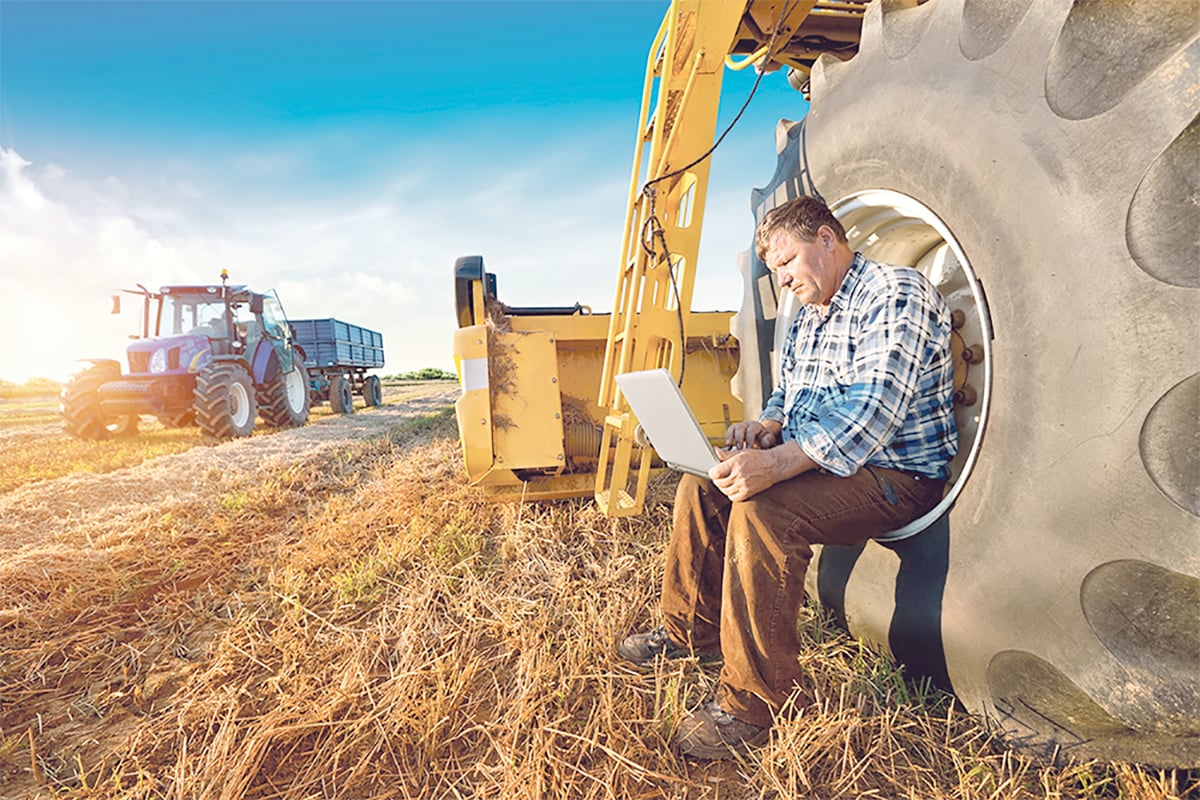Q: I would not mind watching my mother-in-law spend most of the seasons in the garden if I thought that she could handle it. But she can’t. My husband has to go over to her house every spring to rototill her massive garden and she is always phoning during the summer to get our adolescents to help her with the weeding. Getting them to do yard work is almost as hard as getting them to finish their homework.
Mom is a frail 72. Her husband died a number of years ago. She does not need all the food she harvests and gives much away. I have asked my husband to speak to his mom about her excessive gardening, but he won’t. He says it’s good for her. What do you think?
Read Also

Communication key to bridging generation gap
Each generation is shaped by the predominant forces at play during their formative years. Acknowledging these influences can improve communication among the generations.
A: Studies show that the more elderly people can commit themselves to their gardens, the better is their health, both physically and mentally.
Encourage her to continue in her garden but consider finding people to hire who can assist her.
Gardening will keep your mother-in-law focused and involved. It keeps her active and more relaxed and may prevent the depression that some elderly feel. Those who are less fortunate will appreciate donations from her garden.
Without her garden, your Mom could lose her independence and rely even more on her son to look after her.
If you need to set up some personal boundaries to allow for family time and privacy, then do so. But do so in a way that protects your mother-in-law’s commitment to her garden.














